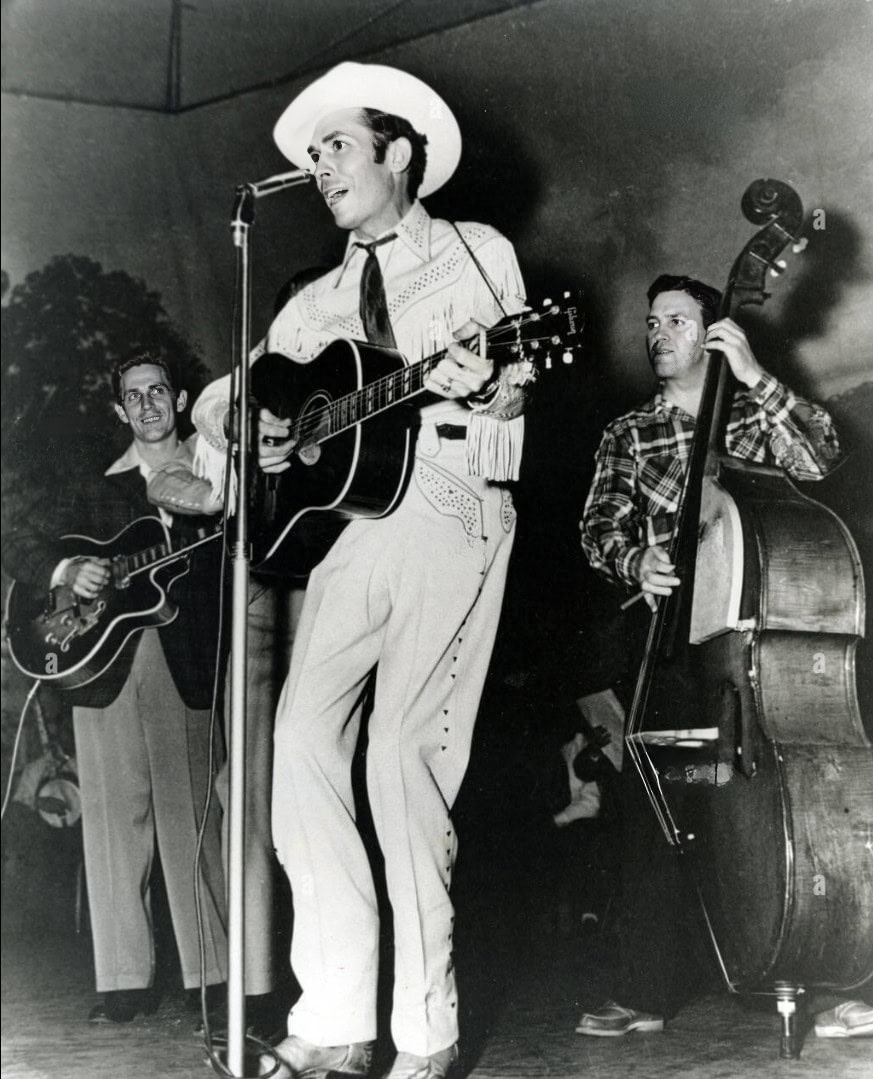
Hank Williams, a name synonymous with country music royalty, left an indelible mark on the genre with his raw, honest, and emotionally charged songwriting. Born Hiram King Williams in 1923, this Alabama native rose to fame in the late 1940s and early 1950s, crafting timeless classics that explored themes of love, loss, loneliness, and faith. Though his career was tragically cut short by his death at the age of 29, his impact continues to resonate with generations of musicians and fans alike. Williams achieved phenomenal success during his brief career, consistently topping the Billboard country charts with hits like “Your Cheatin’ Heart,” “Hey Good Lookin’,” and “Jambalaya (On the Bayou).” He was inducted into the Country Music Hall of Fame in 1961, solidifying his legendary status.
One of Williams’ most enduring and poignant songs is “(I’m So Lonesome) I Could Cry,” released in 1949. This masterpiece of lyrical simplicity and haunting melody perfectly encapsulates the depths of despair and crushing loneliness. The song’s meaning revolves around the profound sadness experienced after a lost love or perhaps a deeper, more existential sense of isolation. It’s not just about being alone; it’s about the profound emptiness that consumes the soul. The powerful imagery, such as the whippoorwill’s mournful cry and the silent moon, amplifies the feeling of desolation.
“(I’m So Lonesome) I Could Cry” resonated deeply with audiences upon its release and continues to do so today. Many listeners have cited its raw emotionality and relatable themes as a source of comfort during times of personal hardship. The song’s ability to articulate universal feelings of loneliness and heartache cemented its place as a country music standard. Critics and fans alike lauded Williams’ honest portrayal of vulnerability, praising his ability to connect with listeners on a deeply personal level. The song’s enduring popularity and influence are a testament to its timeless quality and Williams’ unparalleled ability to capture the human condition through song.